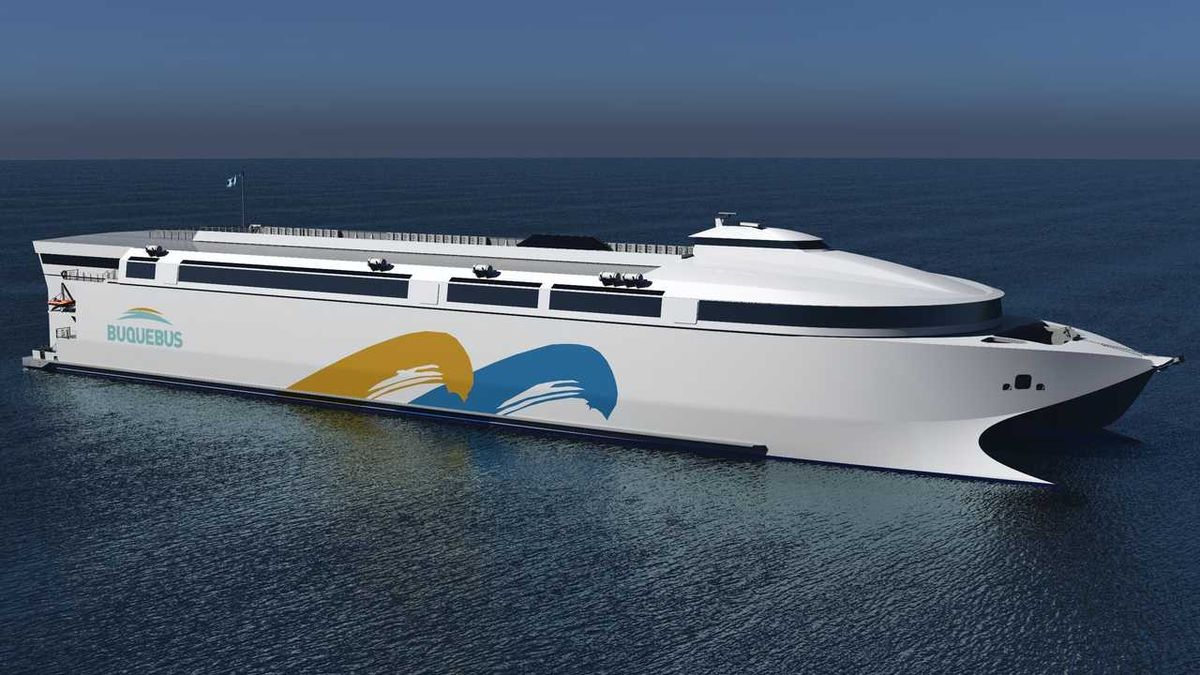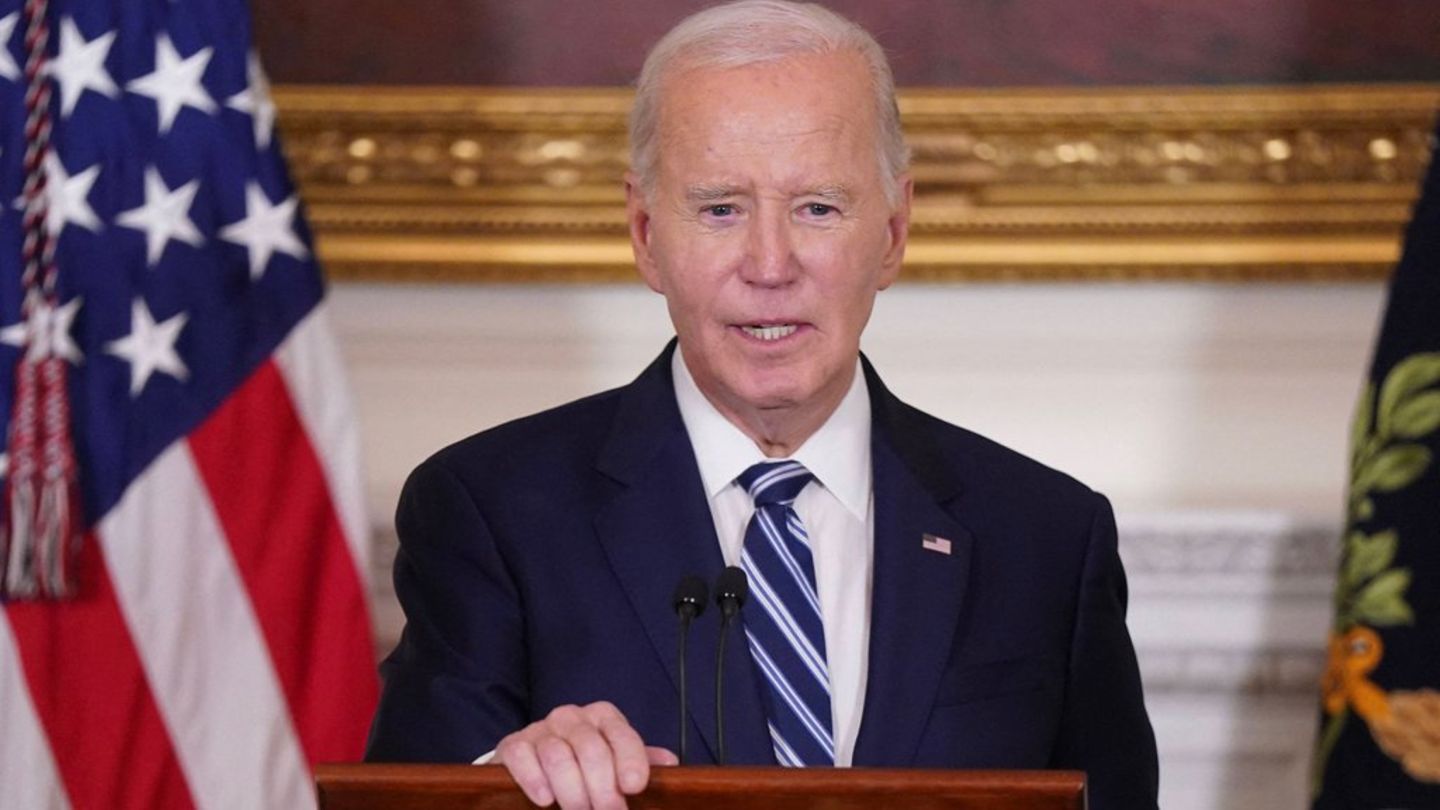The Justice of Argentina confirmed an inhibition of assets on the company Uruguay Buquebus for an amount of 112.5 million Argentine pesos, after the Federal Administration of Public Revenues (AFIP) of that country to claim for the improper use of funds from the Emergency Work and Production Assistance Program (ATP). The figure in US currency reaches 502,232 dollars at the official exchange value of the National Bank of that country.
This ruling will allow the Argentine tax collection agency to recover the money that the Executive Power had transferred to the firm Los Cipreses S.A. to face the payment of wages in the midst of the crisis caused by the covid-19 pandemicaccording to a statement from the agency.
At the time, as reported by the Télam news agency, the AFIP sued the river transport company for having breached the norm that implemented the ATP, an assistance program that consisted of a subsidy by the government of a part of the salary of the employees of the companies that requested it, with the aim of avoiding a drop in employment in the midst of the crisis and isolation which took place in the neighboring country.
In this sense, it demanded from Buquebus the return of 63 million Argentine pesos that he received from the ATP, plus interest after having purchased in November 2020 dollars in the bagan operation incompatible with joining the support program for the private sector.
From there, the Directorate of Social Security Resources (Dgrss) requested the expiration of the benefits and, last year, the Federal Administrative Litigation Court No. 9 ordered the execution of the amounts demanded.
Finally, the Argentine Justice ratified this Tuesday its decision to inhibit assets for a total of 112.5 million Argentine pesos -the equivalent to 19.4 million Uruguayan pesos.
The company’s response
“That is unusual, because in addition It’s not that important an amount.. We present exceptions and now what the court says is that these exceptions cannot be dealt with in an executive proceeding (which is the trial as if it were cashing a check or executing a sentence), but that it requires evidence for what which says that this must be discussed in an ordinary trial,” a company source told the Argentine newspaper La Nación.
From the company they also indicated that, regardless of appealing this ruling, considering that the matter “can already be resolved”, Buquebus initiated an ordinary trial and that for said action the inhibition will take two or three yearswhen the ordinary judicial instance ends.
Likewise, last November, the company had already explained what had happened, arguing that it was a clerical error which was in the process of being resolved. “Contrary to what the AFIP says, the company was entering funds into the country; but what happened is that the exchange agent that operates with the firm, incorrectly recorded that operation and stated that he had bought the MEP dollar ”, they had said from Buquebus.
Source: Ambito




